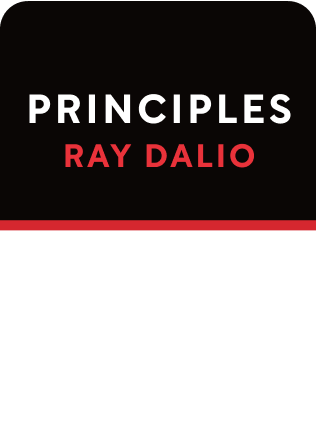

This article is an excerpt from the Shortform summary of "Principles: Life and Work" by Ray Dalio. Shortform has the world's best summaries of books you should be reading.
Like this article? Sign up for a free trial here .
What is thoughtful disagreement? How does it work, and why do you need it?
Thoughtful disagreement is a communication skill that allows you to respectfully explore the differently viewpoints of others. Thoughtful disagreement is a necessary skill for anyone in the workplace.
Here’s how thoughtful disagreement works.
What Is Thoughtful Disagreement?
Being open-minded will make you seek other smart people and explore their viewpoints, especially when you disagree with each other. This may create conflict between the four Yous in the conversation.
The key is to have “thoughtful disagreement” with the other person. This means your goal is not to prove that you’re right, but rather to find out which view is true and decide what to do about it.
Your ego may get in the way of getting new perspectives from other people. But if you care about your goals, you should be more afraid of missing important ideas than being proven wrong. What stings more—being wrong about something, or ultimately failing your goal?
Thoughtful disagreement doesn’t mean just taking in other viewpoints by faith, without articulating your viewpoint. You should be open-minded and assertive at the same time. You must see things through the other person’s eyes, while communicating clearly how you see things. The best ideas will arise from this natural tension.
As you seek out more opinions, you may find that people will be naturally reluctant to disagree with you. This might be because they’ve been trained to agree to maintain social cohesion, or because they want to avoid emotional explosions. The trick is to engage in thoughtful disagreement without triggering emotional explosions.
Tactics for Thoughtful Disagreement
- Find the most believable people in the area of concern, and listen to their thoughtful disagreements. Then find other smart people and triangulate the opinions you’ve heard with them. You will get a broad set of opinions and increase your chance of finding the truth.
- Ask questions rather than make statements.
- Don’t see suggestions automatically as criticisms of you.
- Focus more on the substance of what is being said, rather than the style of it. Even if the other person says something somewhat sarcastically or in a tone you don’t like, try to focus on the core of what is being said.
- Describe back to the other person their own perspective to make clear you understand it.
- Discuss calmly and dispassionately, and remind the other person when the disagreement gets too emotional.
- Ask questions like “would you like me to be open with my thoughts, or keep them to myself?”
- “Are we trying to figure out the best option, or are we trying to fight for our own point of view?”
- If you start talking over each other, engage the two minute rule—each of you can call a short period to get your main thoughts out without interruption, while the other person has to stay silent and listen.
- If you can’t agree, find a person you both respect to moderate.
You can use this strategy in meetings and other collaborative settings.

———End of Preview———
Like what you just read? Read the rest of the world's best summary of Ray Dalio's "Principles: Life and Work" at Shortform .
Here's what you'll find in our full Principles: Life and Work summary :
- How Ray Dalio lost it all on bad bets, then rebounded to build the world's largest hedge fund
- The 5-step process to getting anything you want out of life
- Why getting the best results means being relentlessly honest with everyone you work with






